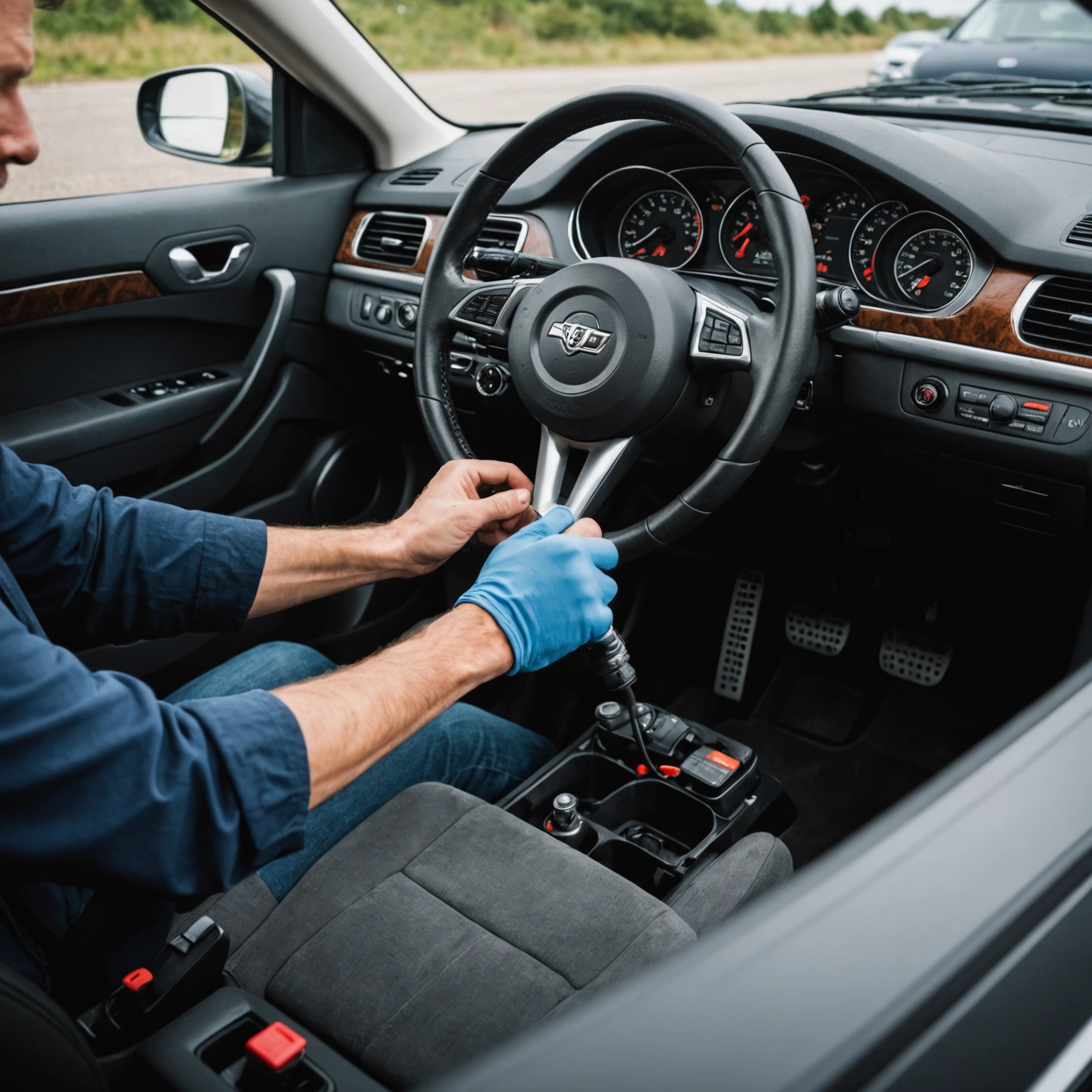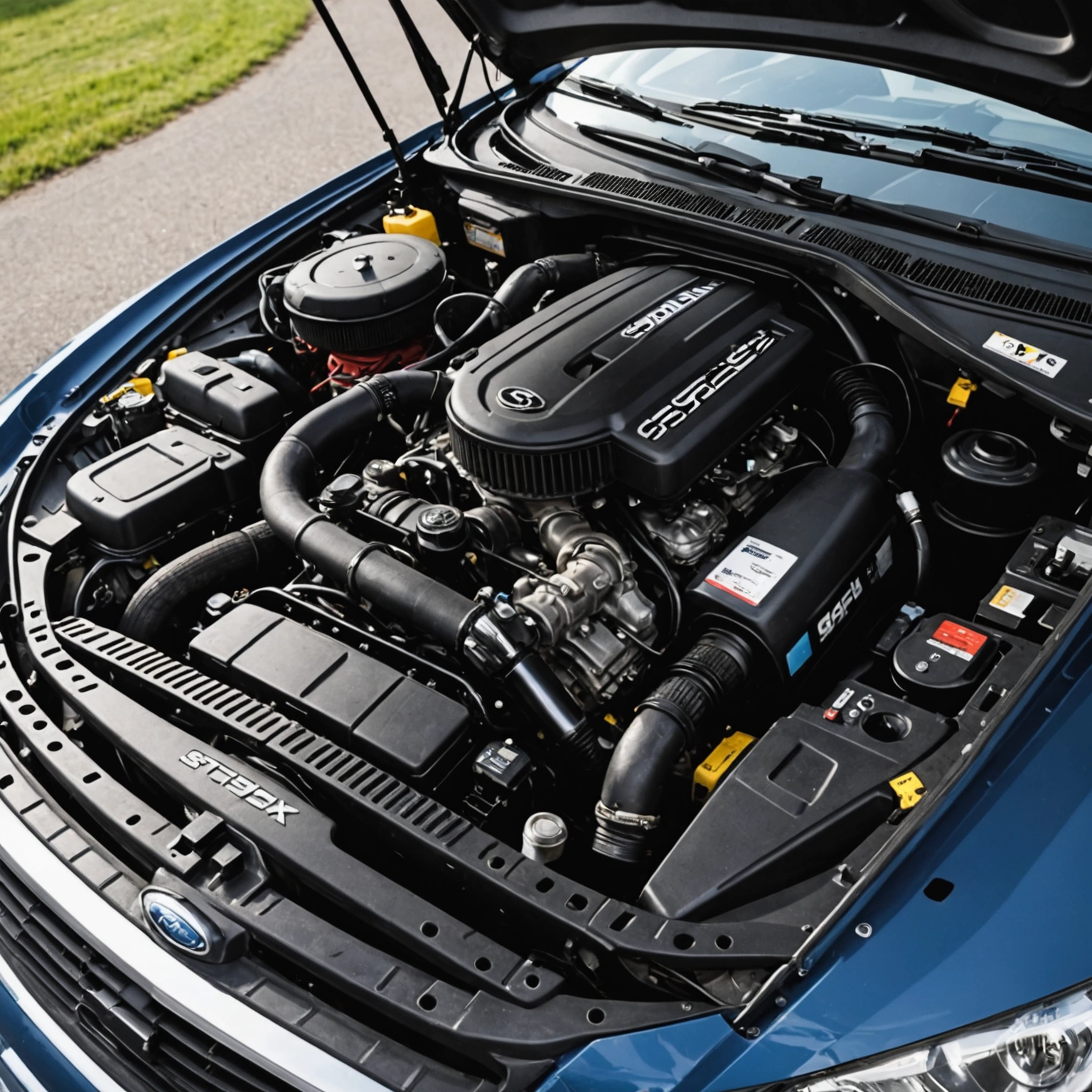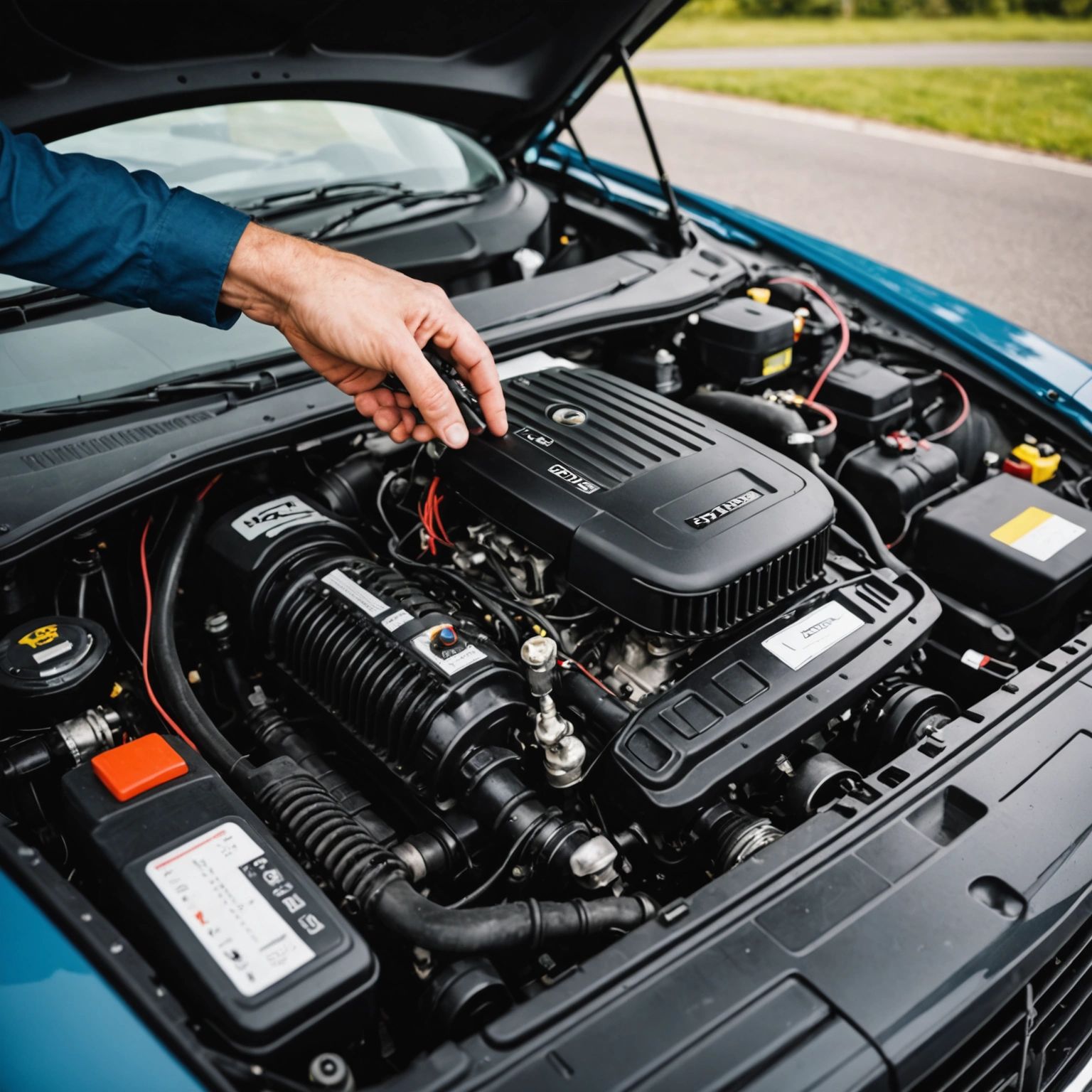**Why Does My Car Keep Stalling? Common Causes and Solutions**
Experiencing your car stall unexpectedly can be both frustrating and concerning. If your vehicle keeps stalling, it’s important to understand the potential causes to address the issue effectively. Here’s a comprehensive overview of why your car might be stalling and what you can do about it.

### Common Reasons Your Car Keeps Stalling
1. **Fuel System Problems**

– **Empty or Low Fuel:** It might seem obvious, but running low on fuel can cause your engine to stall. Always keep an eye on your fuel gauge.
– **Clogged Fuel Filter:** A dirty or clogged filter restricts fuel flow, leading to engine hesitation or stalling.

– **Fuel Pump Issues:** A failing fuel pump can cause inconsistent fuel delivery, resulting in stalling, especially under load or at idle.
2. **Ignition System Failures**

– **Faulty Spark Plugs or Wires:** Worn or damaged spark plugs can cause misfires, leading to rough running and stalling.
– **Ignition Coil Problems:** If the coil isn’t providing a strong spark, the engine may stall or have trouble starting.
3. **Air Intake and Vacuum Leaks**
– **Dirty or Faulty Mass Air Flow (MAF) Sensor:** A malfunctioning MAF sensor can send incorrect data to the engine control unit (ECU), causing improper air-fuel mixture and stalling.
– **Vacuum Leaks:** Cracks or disconnected vacuum hoses can disrupt engine operation, leading to stalls.
4. **Idle Control System Issues**
– **Dirty or Malfunctioning Idle Air Control Valve (IAC):** This component regulates engine idle speed. If it’s dirty or broken, your engine may stall at idle.
5. **Sensor and ECU Problems**
– **Faulty Sensors:** Sensors like the throttle position sensor (TPS) or oxygen sensors (O2 sensors) can send incorrect information, causing the engine to stall.
– **ECU Malfunctions:** A damaged or malfunctioning engine control unit can lead to inconsistent engine behavior.
6. **Exhaust System and Emissions Control**
– **Blocked or Failing Catalytic Converter:** A clogged converter can create back pressure, impacting engine performance and causing stalls.
7. **Transmission or Clutch Issues (for Manual Transmissions)**
– **Clutch Problems:** Worn or slipping clutches can cause stalling, especially when starting from a stop or during gear changes.
8. **Other Mechanical Issues**
– **Timing Belt or Chain Problems:** If these are worn or broken, the engine may stall or run poorly.
– **Dirty or Faulty Fuel Injectors:** Poor fuel atomization can cause engine hesitation and stalling.
### What to Do If Your Car Keeps Stalling
– **Check the Fuel Level:** Ensure you have enough fuel.
– **Inspect for Visible Issues:** Look for disconnected hoses or obvious damage.
– **Listen and Feel:** Notice when the stalling occurs—at idle, during acceleration, or at specific speeds.
– **Schedule a Professional Inspection:** If simple checks don’t reveal the cause, take your vehicle to a trusted mechanic. They can use diagnostic tools to identify sensor errors or ECU issues.
### Preventative Tips
– Regularly maintain your vehicle by changing filters, spark plugs, and fluids.
– Keep an eye on warning lights and dashboard indicators.
– Address minor issues promptly before they escalate into stalling problems.
– Use quality fuel from reputable sources.
### Final Thoughts
Car stalls can stem from a variety of issues, ranging from simple maintenance needs to more complex sensor or mechanical failures. Identifying the root cause early can save you time and money, and most importantly, keep you safe on the road. If your car keeps stalling, don’t hesitate to consult a professional mechanic to diagnose and fix the problem promptly.
**Stay safe and keep your vehicle running smoothly!**

